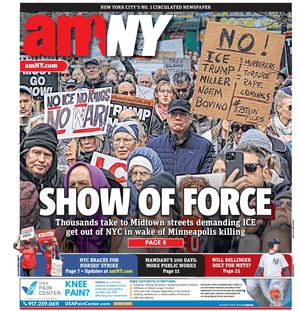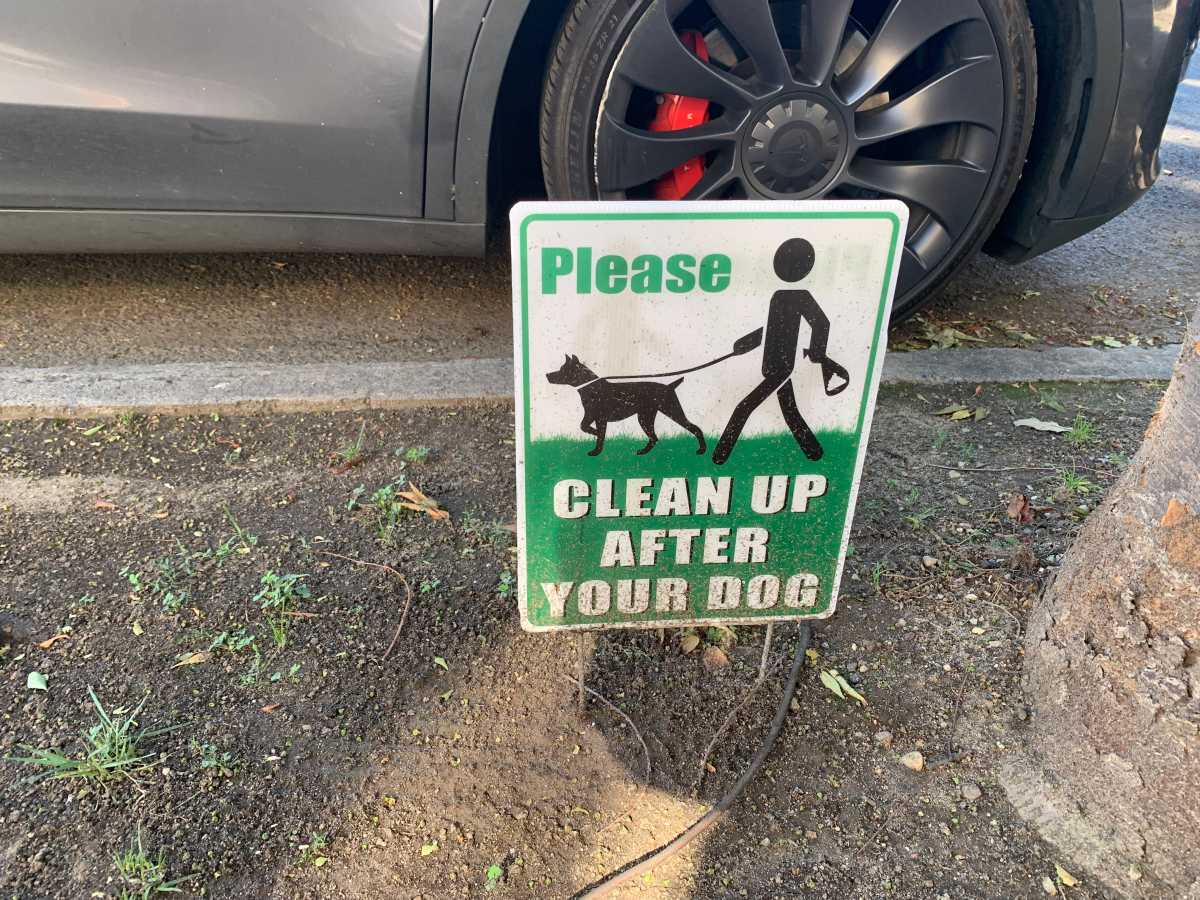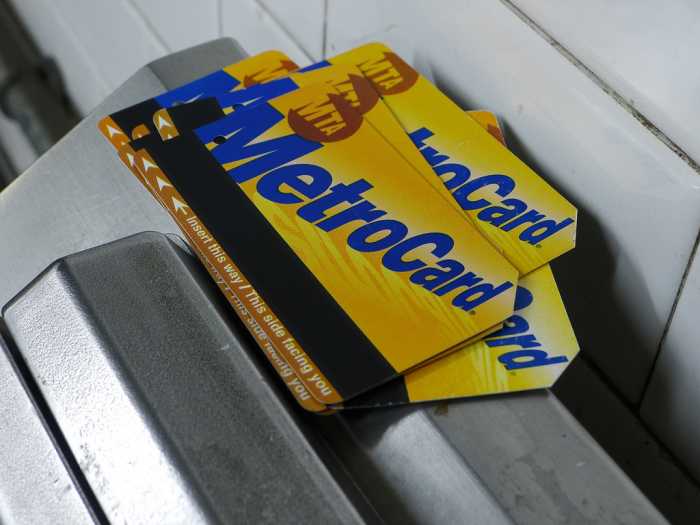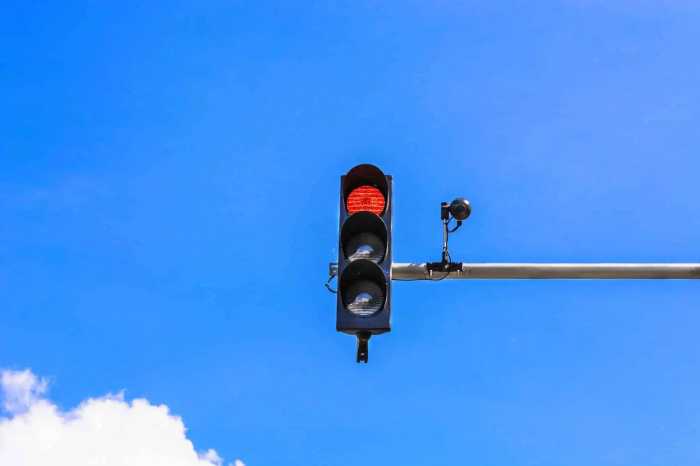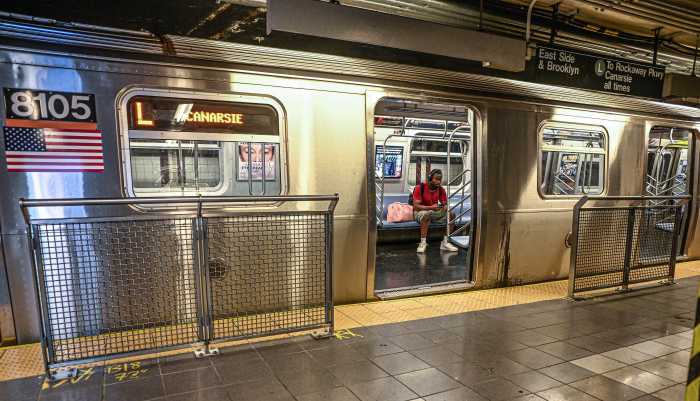Frustration is spreading across New York City as residents express concern over the continued problem of dog waste piling up on sidewalks and streets. From the parks of Staten Island to the brownstone-lined streets of Brooklyn and Manhattan, encounters with puppy poo are angering people across the five boroughs, sparking calls for pet parents to be more responsible and city officials to take more action to stop the smelly situation.
Dogs are part of so many families, and humans have traditionally learned to coexist with the cuddly creatures in dense urban environments like New York City. But a noticeable uptick in piles of fresh feces, petrified poo and even stepped-in and smeared-around waste has turned a once-in-a-while annoyance to an everyday scourge for many New Yorkers.
Even dog parents are upset.
“I live in a new building right by the Staten Island Ferry. It’s everywhere,” Dani Benavides of Staten Island, said. “I walk my dogs four to six times daily. There are trash cans on almost every corner. It’s not hard to pick up after your pet.”
It is not surprising that Benavides encounters pet poo so often on the streets. According to the city’s Office of Technology and Innovation, which runs New York City’s 311 system, complaints are up year-to-date over last year. There were 1,950 complaints this year through Aug. 21, versus 1,750 during the same period in 2024.
“It’s the responsibility of the walker to clean it up,” one man coming out of a store in Bushwick told amNewYork.
A ‘mound of poop bags’ under trees
Sometimes, New Yorkers report, dog parents curb their pet, place the waste in a plastic bag, then leave it under trees or in sidewalk rain gardens.
“I see people who pick up after their dogs, and then through the bags under a tree, making a mound of poop bags,” Toni Anne from Staten Island said. “It’s so gross.”
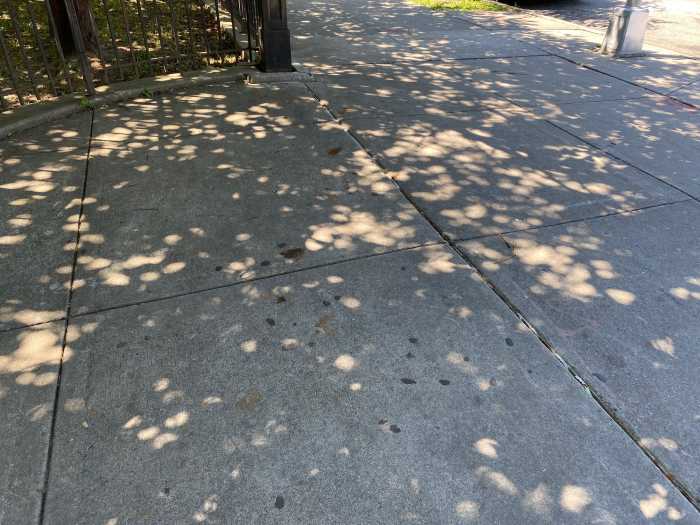
The unpleasing issue goes beyond aesthetic complaints. Health experts warn that dog waste can carry harmful bacteria and parasites, posing risks to humans, including children playing outside and those with weakened immune systems.
Brunilda Nazario, MD, and chief physician editor of medical affairs at WebMD, told amNewYork that that many people can react negatively to substances in the waste.
“Even though our furry friends are known as ‘Man’s Best Friend,’ it’s good to keep in mind that they can sometimes share unwanted, and sometimes some very serious, health risks through their poop,” Nazario said. “This can include infections caused by bacteria and parasites, as well as potential allergies or skin rashes triggered by substances in their waste.”
She warned of specific germs in dog waste, including Giardia, E coli, Staph, Cryptosporidium, Campylobacter and Helicobacter that can make vulnerable people sick. Kids, people with weaker immune systems, and anyone who spends a lot of time outdoors is at a higher risk of illness.
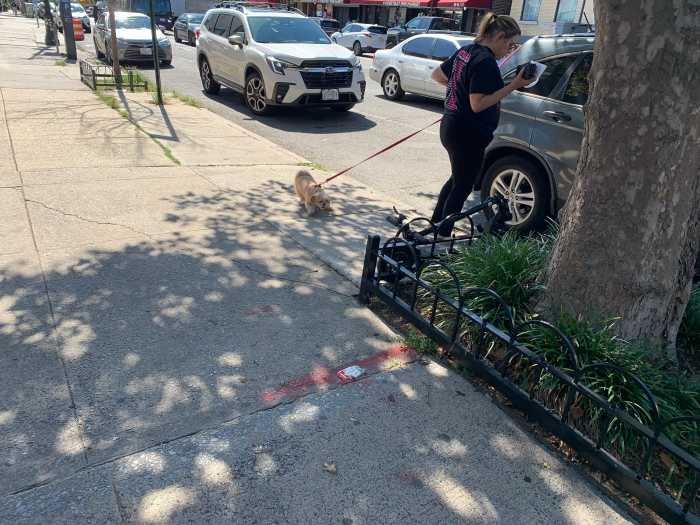
“Kids often place their hands in their mouths more than we realize and they more often play in soiled areas,” Nazario said. “It’s also a considerable health issue for anyone living in neighborhoods contaminated with dog poop with little to no community interventions.”
Proper poo disposal can reduce the risk of illness from dog waste bacteria, some of which are resistant to commonly used antibiotics, Nazario said.
“By picking up after our furry friends, we work together to keep our neighborhoods clean and safe for everyone and a better place to live,” the doctor said.
As far as city laws go, dog walkers are responsible for cleaning up their pets’ waste in public spaces. People who do not curb their dogs are subject to a fine up to $250.
But it is a law difficult for DSNY to enforce. In order to issue a summons, one of the agency’s enforcement personnel has to personally witness the dog owner fail to remove the waste.
Meanwhile, all property owners are legally required to keep their sidewalks clean, as well as 18 inches into the roadway. This includes clearing property of animal waste—regardless of who left it behind, whether it was from the family pooch, a neighbor’s dog or even a local raccoon.
Last year, DSNY issued 13 summonses for failure to remove canine waste.
“We understand this to be an important quality-of-life issue for all New Yorkers,” a DSNY spokesperson told amNewYork. “We have done patrols in areas with highest complaints, and we are exploring the use of mobile cameras to increase enforcement against these careless residents.”
The agency has also done, and continues, to conduct ad campaigns and educational outreach on the issue, the spokesperson said.
Some New Yorkers have suggested even more public awareness and other efforts to get people to scoop the poop.
Manhattan City Council Member Julie Menin has been an outspoken advocate for more dog waste bag dispensers on public litter baskets. She sponsored Intro. 0281, a bill that would require DSNY to install dog waste bag dispensers on or next to public litter baskets on city streets. It would also include a public awareness campaign about the consequences associated with dog waste left on city streets and sidewalks.
Newly elected City Council Member Frank Morano of Staten Island underscored the quality-of-life concern about the issue, and said both pet owners and the local government need to do more to rein in the out-of-control poo piles.
“The law is clear, you’re required to curb your dog. But too many people ignore it because they don’t think there are consequences,” Morano said. “Whenever I hear about situations like this, I immediately alert NYC Sanitation and Parks to make sure it gets addressed.”
Still, he said, the city “needs to step up enforcement” to help protect those who follow the rules from those who do not.
“At the end of the day, this is about common courtesy,” Morano explained. “If you’re responsible enough to own a dog, you should be responsible enough to clean up after it. Staten Islanders deserve cleaner streets, and I’ll keep pushing until we get them.”
